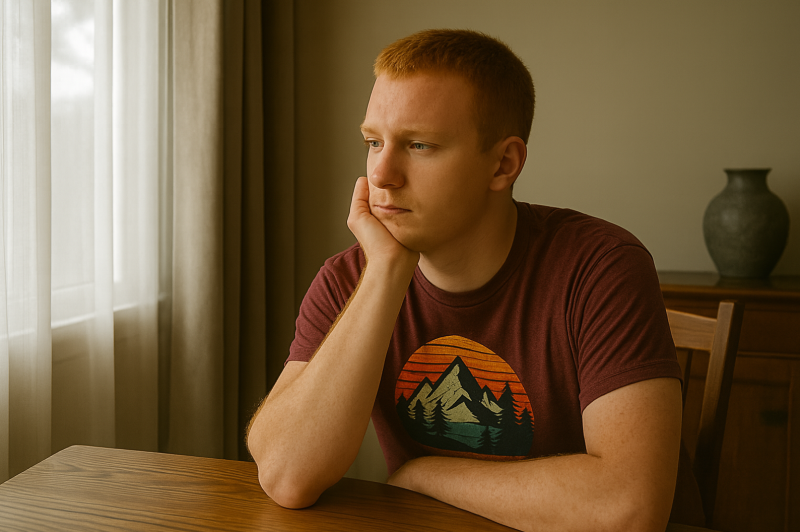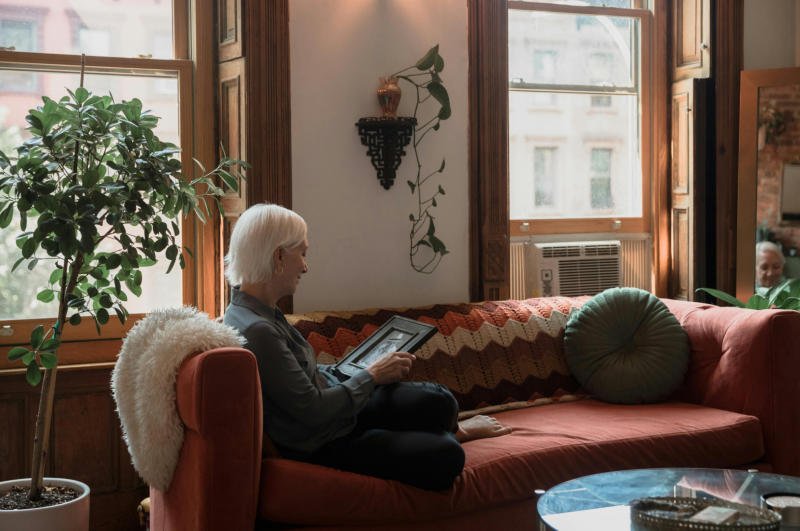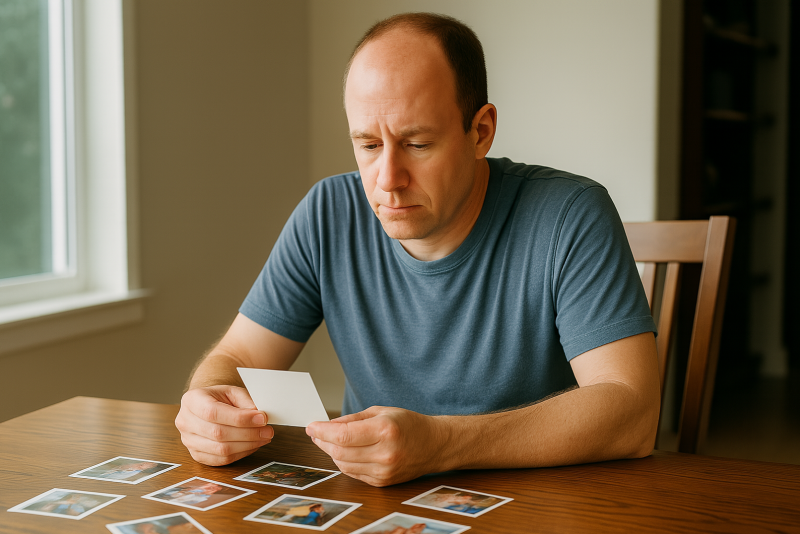Struggling to make new friends? This gentle guide explores why friendship can be hard and how to build genuine, lasting connections with more ease and self-compassion.
By Sergio Toledo
Editor-in-Chief, Heed to Heal
Introduction
For many adults, making new friends can feel like a quiet ache. We want connection, but it’s hard to know where to begin — especially if we’ve experienced loneliness, anxiety, or relationships that didn’t last. The truth is, friendship isn’t always easy to form, and it’s even harder to keep. But it’s also never too late to build new, genuine bonds.
Why Is Making Friends So Hard as an Adult?
When we’re younger, friendships often happen by proximity — sitting next to someone in class, working the same part-time job, or living in the same dorm. But adulthood comes with busier schedules, emotional guardrails, and a lot less built-in social time. People move. Priorities shift. It becomes easier to retreat than to reach out.
And if you’re someone who feels awkward socially, struggles with anxiety, or simply doesn’t “click” with others easily, it can feel like friendship isn’t meant for you. But that’s not true. It just means you might need a different, more mindful way to connect.
How to Start Building New Connections
You don’t need to be the most outgoing person in the room. You don’t even need to meet dozens of people. One or two truly safe, genuine friendships can change your life. Here are a few ways to move toward that:
1. Follow Your Interests, Not Just People
Start with something that genuinely excites or soothes you — a hobby, a cause, a creative outlet. When you sign up for a workshop, class, or local event based on something you love, the people around you are already starting from shared ground. That takes the pressure off trying to impress or make small talk from scratch.
Whether it’s a book club, meditation circle, cooking class, or community garden, showing up regularly in these spaces creates opportunities for slow, natural connection.
2. Let Yourself Be a Little Vulnerable
It might feel uncomfortable at first, but honest moments like “I’ve been wanting to meet more people” or “I’m usually shy in groups” are powerful. Vulnerability isn’t weakness — it’s how people know you’re human. It builds trust and invites authenticity in return.
3. Look for Emotional Safety Over Similarity
We often think we need shared interests to be friends — but the real key is emotional safety. Look for people who are kind, respectful, and consistent. They don’t have to be exactly like you. The best friendships often happen when someone simply makes you feel seen and at ease.
4. Be the One to Follow Up
A lot of connections fade because no one takes the next step. If you have a good conversation with someone, consider saying:
“I really enjoyed talking with you — want to grab coffee sometime?”
It might feel bold, but friendship usually begins with someone taking that small risk. You don’t have to be pushy — just open.
5. Volunteer or Join Community Groups
Volunteering is one of the most underrated ways to meet kind, like-minded people. Whether you’re helping at an animal shelter or supporting a local fundraiser, these shared experiences create connection without the awkward pressure of trying to “be social.”
Community groups, writing circles, walking meetups, and even adult learning classes can also provide spaces where people show up — just like you — looking to feel a little less alone.
A Gentle Reminder: Friendships Take Time
Sometimes we expect instant closeness, but real friendships are built through layers of experience, trust, and time. Not every connection will grow, and that’s okay. What matters is that you stay open — not to everyone, but to someone.
You don’t need a huge circle to feel loved. Even one or two people who truly get you can make a world of difference.
Be a Friend to Yourself First
The more you respect your boundaries, know your needs, and accept yourself, the more your friendships will reflect that back. Don’t wait to be “good enough” to be someone’s friend — you already are.
True connection doesn’t require perfection. It requires presence, kindness, and patience — and those are things you already have inside you.
References
- Franco, M. G. (2022). Platonic: How the Science of Attachment Can Help You Make—and Keep—Friends.
- Hall, J. A. (2019). How many hours does it take to make a friend? Journal of Social and Personal Relationships, 36(4), 1278–1296.
- Nelson, L. J. (2012). Emerging adulthood and friendship. Journal of Youth and Adolescence.
Originally published by Heed to Heal, 06.30.2025, under the terms of a Creative Commons Attribution-NonCommercial-NoDerivatives 4.0 International license.







